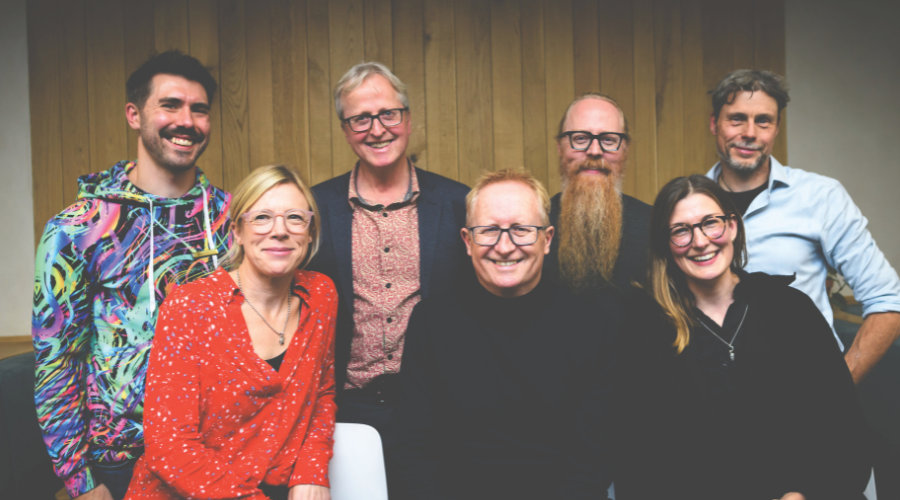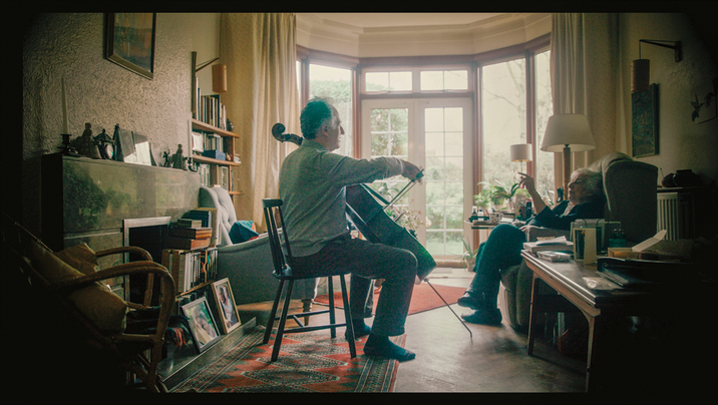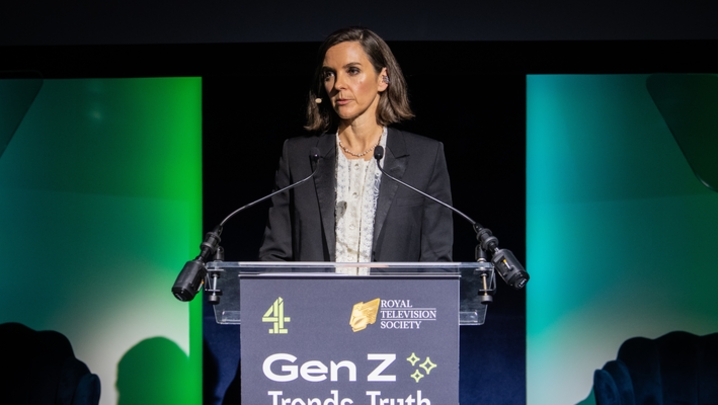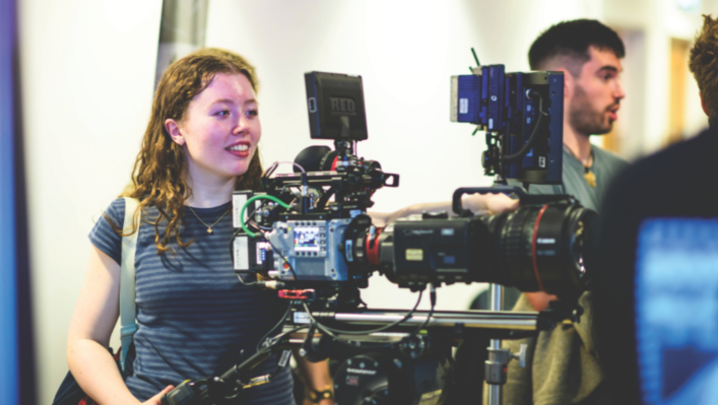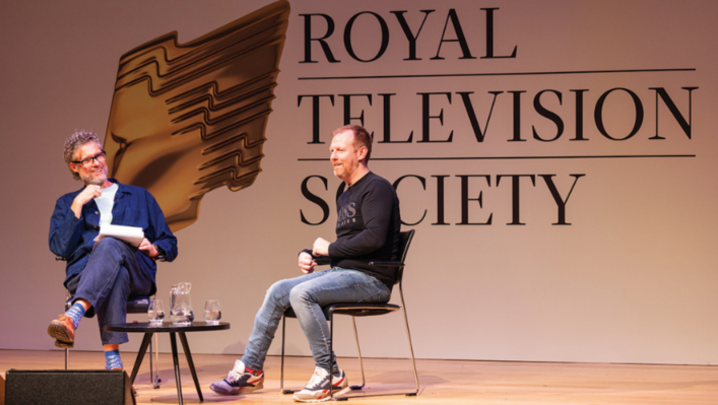Seraphina Allard-Bridge hears how commissioning an inspired original score can make a show truly sing
“There are very few people who really understand the whole puzzle.” So said Bristol-based composer Matt Loveridge, who brought experts from the worlds of composing and TV production together at BBC Studios Bristol in November, hoping to shed light on the complex music commissioning process for TV and film.
Continuing with the puzzle analogy, TV consultant Mark Hill spoke about the process of creating a TV format: “It’s like a jigsaw of bits… and you’re trying to assemble them all together into something that actually connects with an audience. Music is an integral creative part of that identity.”
Composers have the ability to craft music that resonates with the listener.
“One of the hardest things to imitate is the human voice… but the next closest thing to the human voice is melody,” said Drew Morgan, a composer, arranger and orchestrator, who emphasised that using live musicians enhances a piece.
“We can’t digitally reproduce that human element of expression and longing.”
“The Spice Girls didn’t come out of Bristol – Portishead did”
While hiring composers may be the ideal for many producers, it is not always viable. Hill noted that “there’s quite a lot of pressure from broadcasters to use commercial music”.
However, the biggest challenge is budget constraints.
“There’s never enough time or money to make the shows the way you want to make them,” Hill said, referring particularly to mid- and low-budget unscripted series. When looking for ways to trim the budget, music is often an easy target.
Loveridge, a winner of the RTS West of England Best Composer award, said there is a current model in which “music… in TV needs to pay for itself”. In this model, royalties generated from transmissions of the show can offer an incentive for productions to use original music rather than drawing from music libraries.
William Goodchild, who recently won a Wildscreen Panda award for his music in the first episode of Netflix series Chimp Empire, discussed his composition process: “One of the important things in this film was to work with this incredible sound design that we get in the [Ngogo] forest … particularly the chimp vocalisations, in terms of creating a whole palette from that… chimpy flutes and chimpy choirs.”
Ideas like these show the value a composer can bring to a series. The composers also stressed the importance of collaboration – with directors and producers, and between composers.
“One thing I love about the Bristol scene is that there’s a lot of collaboration,” said Morgan. “Bristol has always had a unique outlook on creating things, certainly music. The Spice Girls didn’t come out of Bristol – Portishead did.”
Collaboration is at its most powerful when the composer can meet the production team in person. “It works by creative dialogue. You can do that remotely but you can’t beat being in the room,” said Hill. “That applies to the whole creative process.” Loveridge added: “You can replace three pages of notes just with someone giving you a look.”
As with every part of the TV industry, the big question is: how do you break into composing?
“If we’re going to see new and different voices, we need to make sure that this is a viable career,” said Loveridge, acknowledging the current difficulties in the TV industry.
Offering advice for new entrants, composer and recording artist Alexandra Hamilton-Ayres, who scored recent Channel 4 film Britain’s Atomic Bomb Scandal, spoke of finding and trusting your own voice: “You have to be true to yourself.”
‘Keeping Score’ was held at BBC Bristol on 4 November. Matt Loveridge hosted and produced

